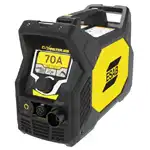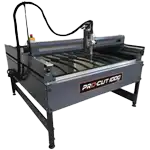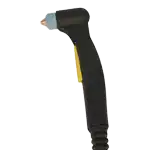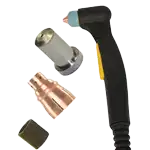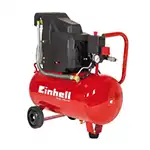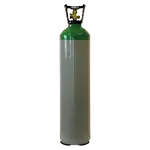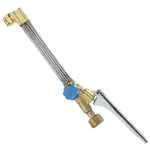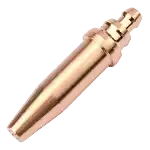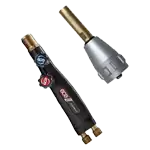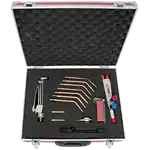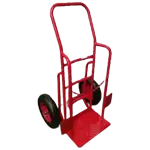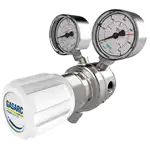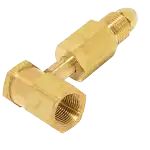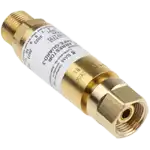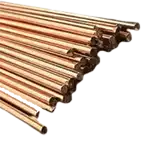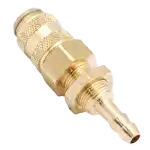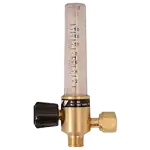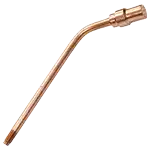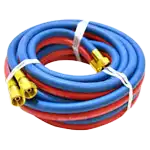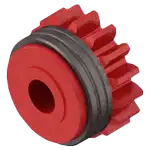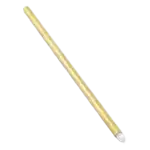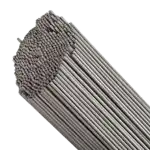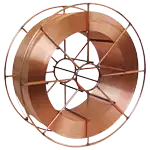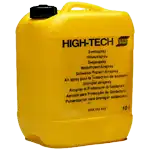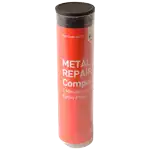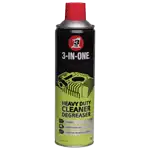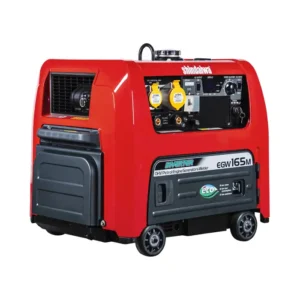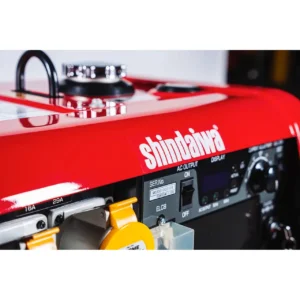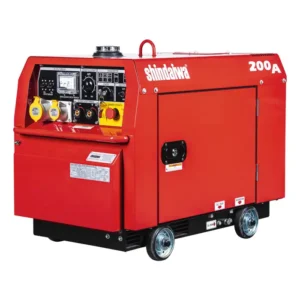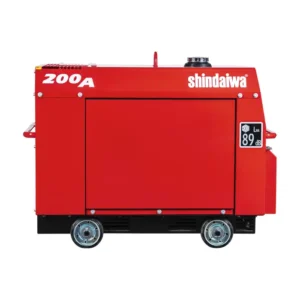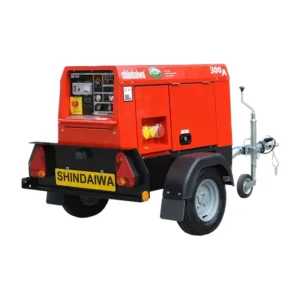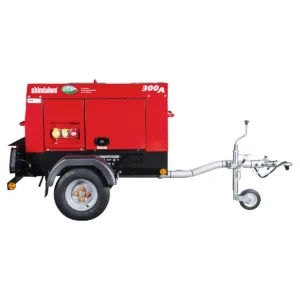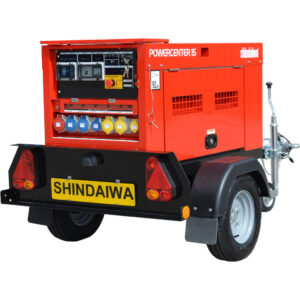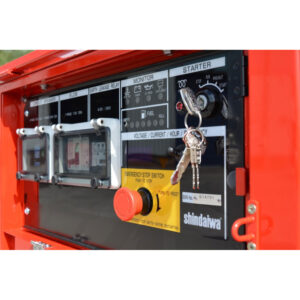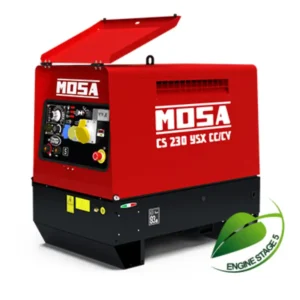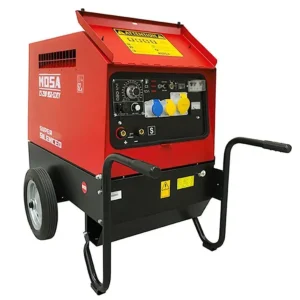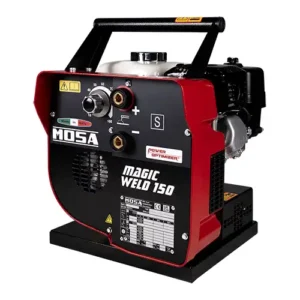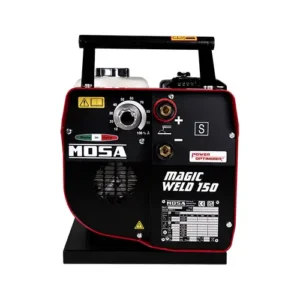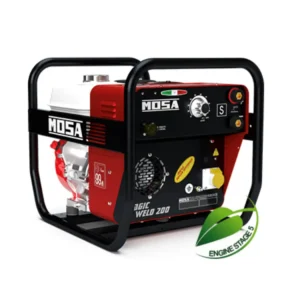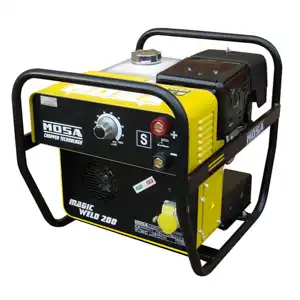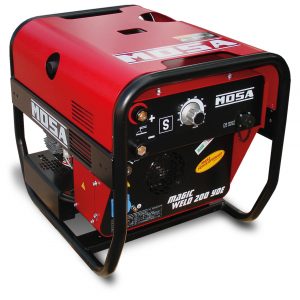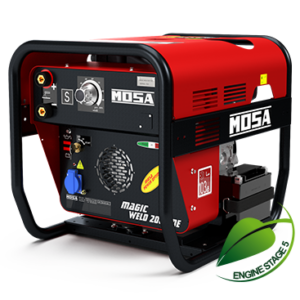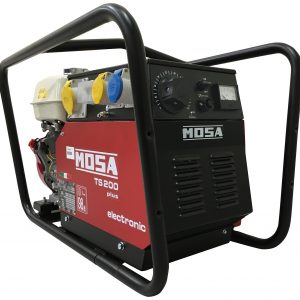This website uses cookies so that we can provide you with the best user experience possible. Cookie information is stored in your browser and performs functions such as recognising you when you return to our website and helping our team to understand which sections of the website you find most interesting and useful.







Buy Now, Pay Later In 3 Interest-Free Payments
Welder generators are machines that combine a welding power source and an electrical generator in one unit. These machines are powered by an internal combustion engine, typically gasoline or diesel, and are used to generate electricity for welding and other power tools at job sites where there is no access to grid power.
The welding power source provides the electrical current needed for welding, while the generator provides power for other electrical equipment, such as lights, power tools, and electronic devices. Engine-driven welder generators are commonly used in construction, farming, and other industrial settings where a reliable source of electricity is required.
These machines come in a variety of sizes and power outputs, and can be mounted on trailers or skids for easy transport to different job sites. They are designed to be rugged and durable, able to withstand harsh weather conditions and rough terrain. Some models also feature advanced control systems that allow operators to adjust welding parameters and monitor performance remotely.
Welder generators are used in a variety of applications, including:
- Construction
- Manufacturing
- Agriculture
- Mining
- Emergency services
- Military
Welder generators are available in a variety of sizes and power outputs to suit different needs. They are typically powered by petrol or diesel engines, but some models can also be powered by propane.
When choosing a welder generator, it is important to consider the following factors:
- Power output: The power output of the welder generator determines the thickness of metal that it can weld.
- Fuel type: The fuel type of the welder generator determines its portability and operating costs.
- Features: Some welder generators come with additional features, such as water cooling, inverter technology, and digital displays.
- Price: Welder generators can range in price from a few hundred dollars to several thousand dollars.
It is important to choose a welder generator that has the power, fuel type, features, and price that you need for your application.
Here are some of the benefits of using a welder generator:
- Portability: Welder generators are portable and can be used in a variety of locations, including remote areas where there is no access to mains power.
- Reliability: Welder generators are more reliable than traditional welding machines and can withstand harsh conditions.
- Versatility: Welder generators can be used for a variety of welding applications, including stick welding, MIG welding, and TIG welding.
Here are some of the drawbacks of using a welder generator:
- Cost: Welder generators are more expensive than traditional welding machines.
- Noise: Welder generators can be noisy, which can be a drawback in some applications.
- Emissions: Welder generators emit fumes and pollutants, which can be harmful to the environment.
Overall, welder generators are a versatile and powerful tool that can be used for a variety of welding applications. They are ideal for use in remote locations where there is no access to mains power.
